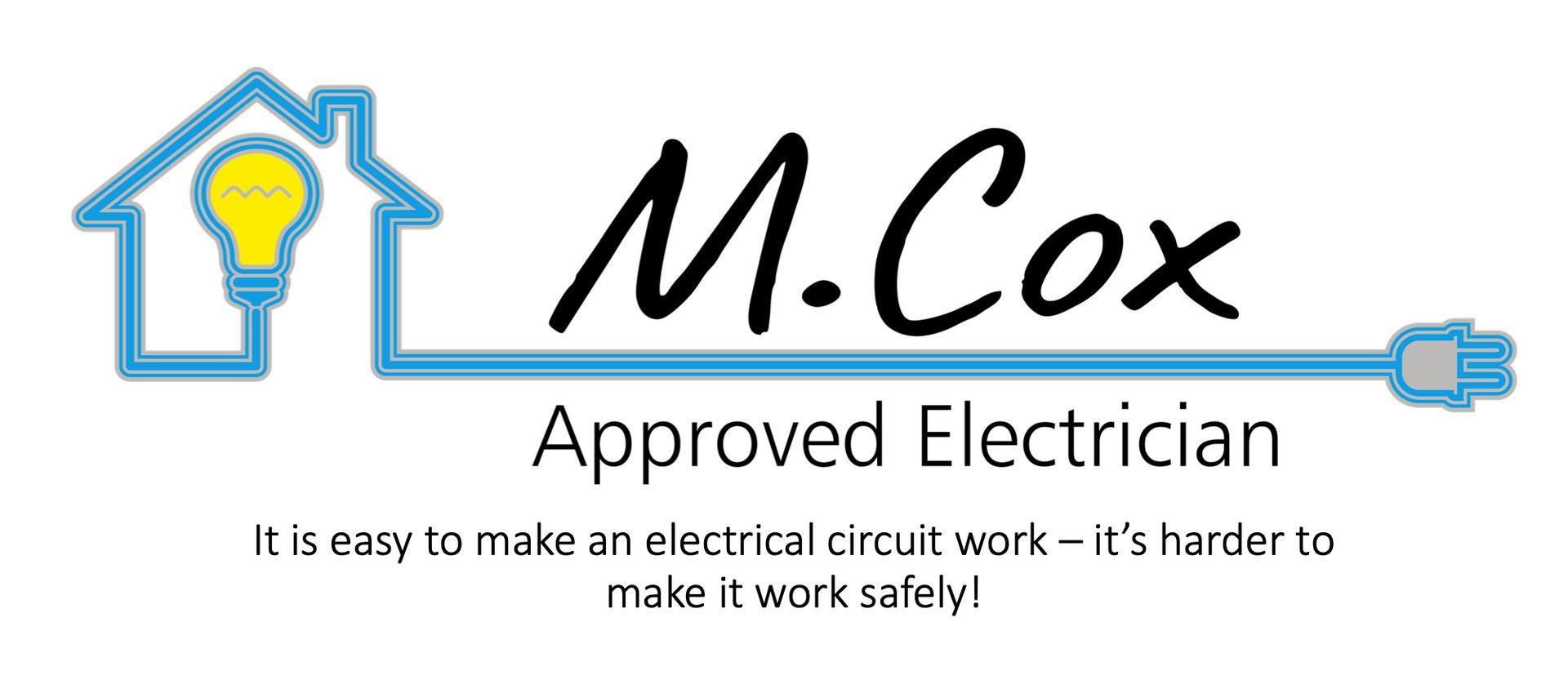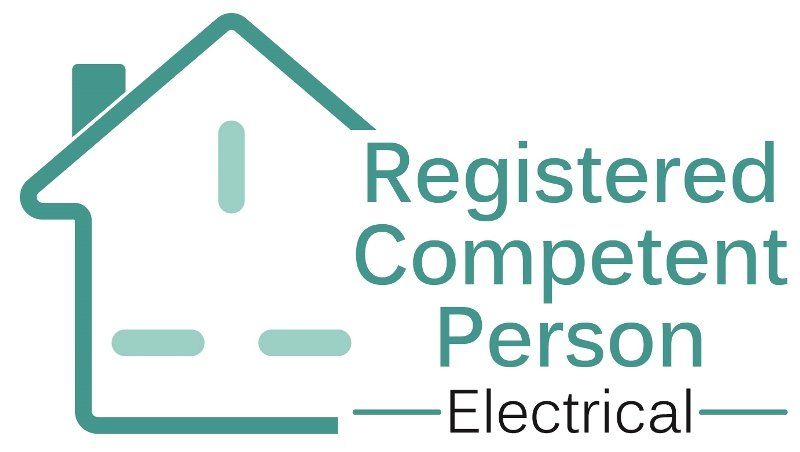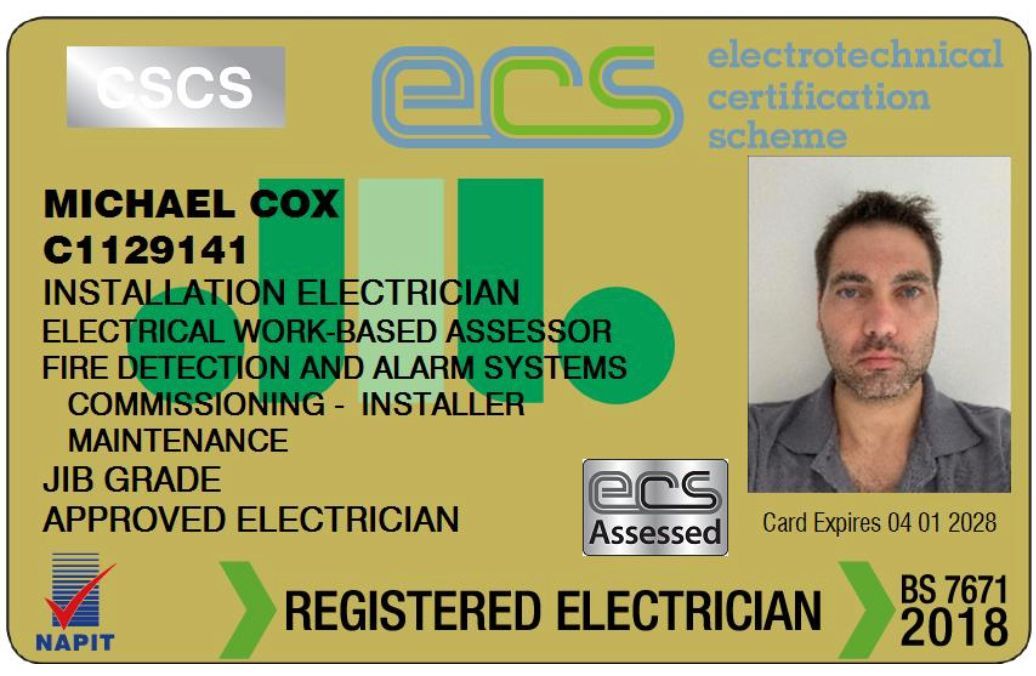Commercial, Industrial, Domestic and homes and Homes of Multiple Occupancy (HMOs) are increasingly being governed by a range of electrical legislation and regulations.
As of 1st July 2020 , if a property becomes uninhabitable or is rented in a state considered unfit for human habitation then the landlord may be sued for breach of contract by their tenants.
As a general rule, landlords are expect to provide a safe property at the start and throughout their tenancy. This includes making sure the wiring, fuse boxes, et cetera are not dangerous, i f they fail to do this, and a problem arises in the property then landlords may be considered negligent if the tenants are harmed or suffer damage to their own goods.
Faulty fixed electrical installations present a risk of death, and by law you must take precautions against the risk of death or personal injury from electricity in work activities (Electricity at Work Regulations (EAWR) 1989).
My Inspection will reveal any overloaded circuits or equipment, find any shock hazards or risks, identify any defective or poorly installed electrical work, highlight any lack of bonding or earthing cables, and give you a overview of the installation.
I hold a City & Guilds 2391 (periodic inspection & testing) qualification, I am also covered by £5 Million Public Liability AND £250,000 Professional Indemnity Insurance, this allows me to competently carry out electrical safety checks on domestic, industrial and commercial properties whether occupied or unoccupied for private home owners, businesses and landlords.
As well as guaranteeing an honest, thorough and detailed report I will also provide:
- A Full Inspection Report and Certificates highlighting the overall condition of the electrics, stating satisfactory or unsatisfactory for continued use and detailing any work that needs to be done.
- A service during times to suit your needs and out-of-hours site visits where required.
- R emedial repairs or estimates on EICRs conducted by other electricians.
Unfortunately there are other "Electricians" that will offer this service at a cheap rate then make up unnecessary remedial work to cover their costs, not having the correct insurance in place or supply inexperienced and low-cost personnel to do the work instead (please see the video link below).
Be aware that liability insurance on its own does not cover these reports, the correct Electrical Wiring Professional Indemnity insurance is also required.
Also please ensure that the Electrician / Company you use is qualified, competent and registered to do such work with their competent persons accreditation scheme.
You can perform a look-up on the website of any competent person scheme to see if a firm is registered for periodic inspections / condition reporting.
Don't take their word for it - Failure to check will mean your report will be invalid
For more information on Periodic Inspection Reports and what they involve see this article from Electrical Safety First
- In a normal house you should have them tested every 10 years.
- In a rental property your should have an electrical inspection every 5 years.
- In a caravan every 3 years.
- In a Swimming Pool every year.
- A property should also be tested before being sold or prepared to be rent out.












